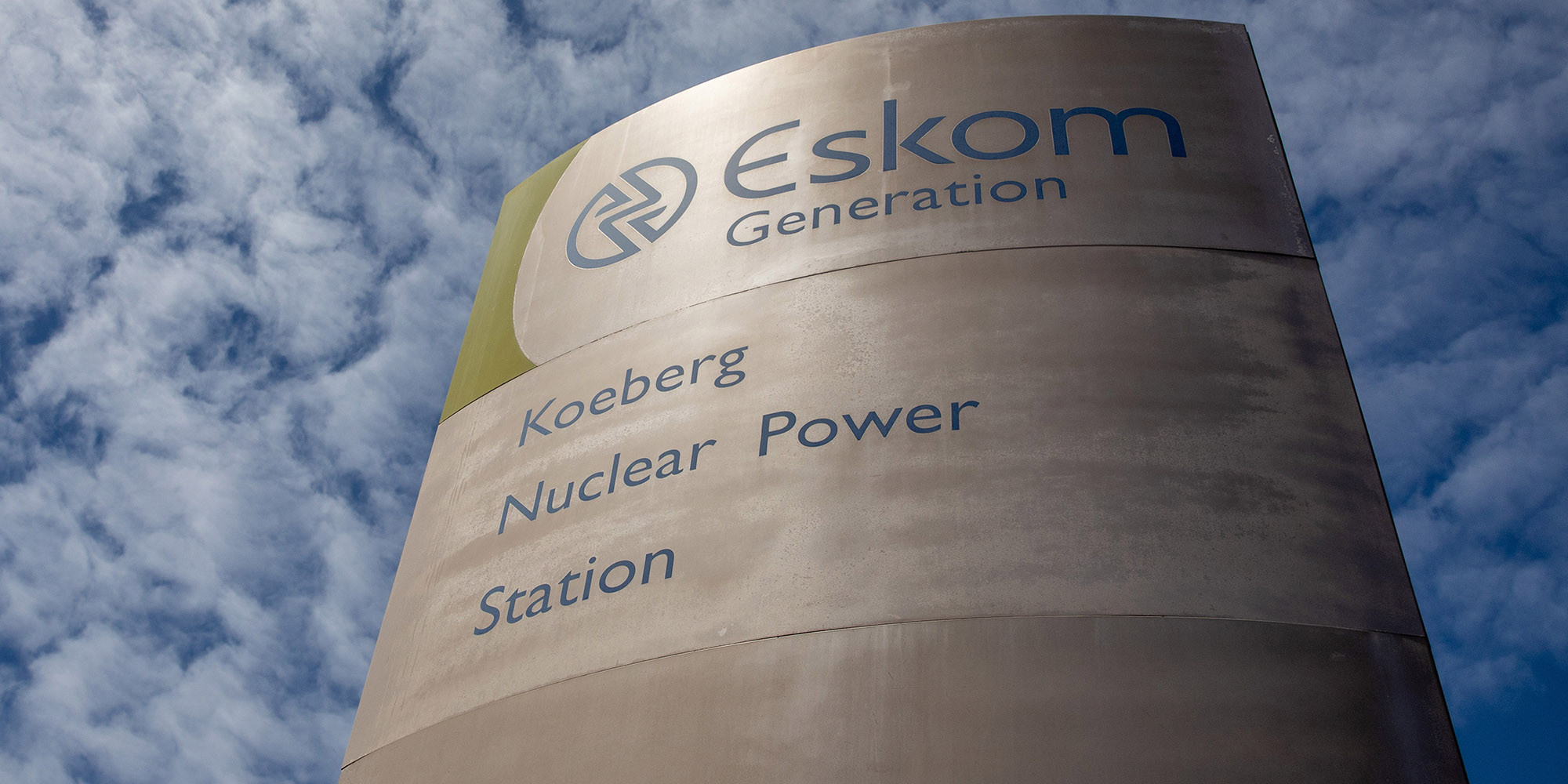The United States government suspended the sale of nuclear fuel components for the Koeberg nuclear power plant last December because South Africa insisted on its right to manufacture its own nuclear reactor fuel in the future, sources say. This apparently sparked US concerns about the possible proliferation of enriched uranium.
Pretoria argued that it had a right to develop nuclear technology for peaceful uses, as enshrined in international nuclear agreements like the Nuclear Non-Proliferation Treaty and in the rules of the International Atomic Energy Agency (IAEA). But the US disagreed and so the fuel exports from Westinghouse stopped.
Eskom has said it has enough stockpiled fuel to last it three years. After that, it’s not clear where the fuel will come from, though it says it has alternative sources.
Some commentators have speculated that Washington’s decision to stop the nuclear fuel exports could have been influenced by Pretoria’s rapidly warming relations with Russia since Russia invaded Ukraine on 24 February last year. But it is not clear if that was the motive.
In December, the US Nuclear Regulatory Commission (NRC) suspended its licence to Westinghouse Electric Company to export fuel assembly components to its subsidiary in Sweden where they would be assembled into fuel rods and shipped to South Africa for use in Koeberg.
David Skeen, the NRC’s director of international programmes, explained in a statement in January that the licence to Westinghouse had been issued partly based on South Africa’s assurances that the fuel components would be made subject to the terms of the Agreement for Cooperation in Peaceful Uses of Nuclear Energy (123 Agreement) between the United States and the Government of South Africa.
“However, the US-RSA 123 Agreement expired on December 4, 2022, and therefore the assurances that supported issuance of the licence are no longer valid,” Skeen added.
Both South Africa and the US have so far been rather vague about why the 123 Agreement lapsed on 4 December last year without being renewed. They have suggested, without providing details, that both sides were at fault for allowing this to happen.
Manufacture disagreement
But official sources told Daily Maverick the main reason the two sides could not agree on a new 123 Agreement was that South Africa refused to accept a clause that the US insisted on inserting into the new agreement — that South Africa must continue to import nuclear fuel and could not manufacture the fuel itself. Pretoria regarded this as an unwarranted infringement of its rights.
Official sources have told Daily Maverick that although South Africa had no immediate plans to manufacture nuclear fuel, it wanted to keep open the possibility of doing so. They said there was an “extremely lucrative market” for nuclear fuel, mainly in Africa where they said about seven or eight African countries were considering building nuclear power plants. Only Egypt has actually begun doing so.
They noted that with geopolitical tensions rising because of Russia’s war in Ukraine, many countries might prefer to buy their nuclear fuel from a non-aligned country rather than from Russia or the Western bloc. Russia is now the biggest supplier of the low-enriched uranium used to make fuel for nuclear power plants.
South Africa has asked US officials if the US regards SA as a nuclear proliferation risk. If so, they said it should raise its concerns with the IAEA. If not, it should not restrict SA’s access to the nuclear fuel cycle.
They have been told that the US does not regard SA as a proliferation risk and that the clause restricting SA’s right to enrich uranium is standard in such agreements. But the South Africans have pointed out that the US has exempted some countries from this restriction so it could do the same for South Africa. These points have apparently been taken on board as the negotiations for a new 123 Agreement continue.
Assurance
South Africa has given Washington the assurance that if it does decide to enrich uranium for manufacturing nuclear fuel, it will only do so with full IAEA safeguards and monitoring.
“While the US pays lip service [to allowing all countries peaceful use of nuclear energy] at the multilateral level, at the bilateral level they try to restrict access to the fuel cycle,” one source complained.
Shortly after the termination of Westinghouse’s licence came to light, an Eskom spokesperson said the suspension of the Westinghouse fuel supply “poses no problem to Koeberg as Eskom has always maintained two nuclear fuel suppliers — Framatome (France) and Westinghouse (US).
“Koeberg has received the fuel required for the current planned outage of Unit 1 from Westinghouse, and this will be used in June 2023,” the spokesperson added, though last week Eskom announced that Koeberg Unit 1 was now in a longer outage, until September, for refuelling and replacement of steam generators.
“For the Unit 2 outage beginning in November 2023, the fuel has been sourced and will be supplied by Framatome,” the Eskom spokesperson said. “This covers Koeberg for the next three years, during which time it will be putting in place a contract for the next supplier. There are no fuel shortages or any other impact expected, therefore.” DM





